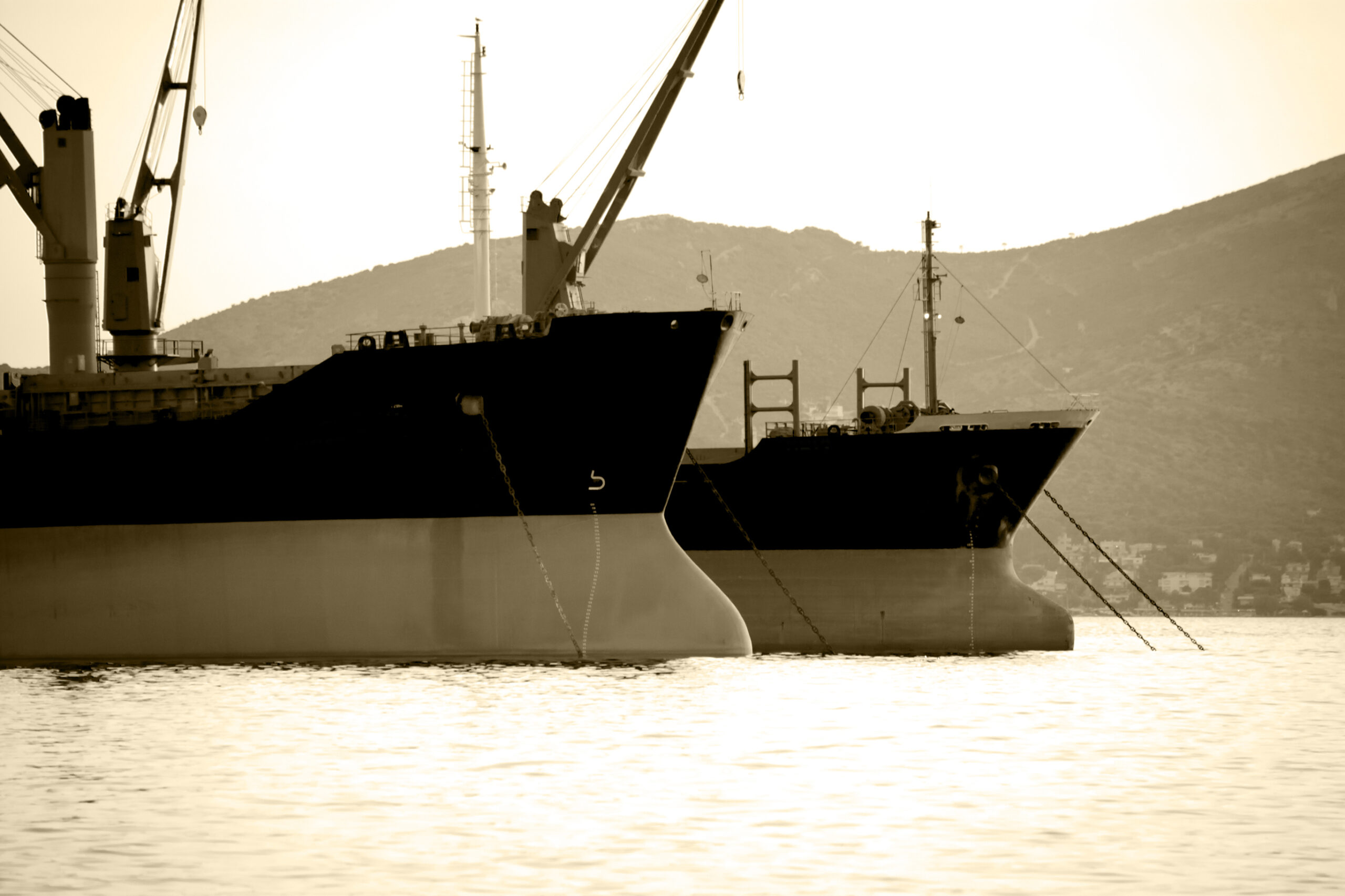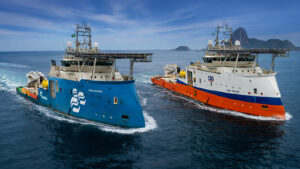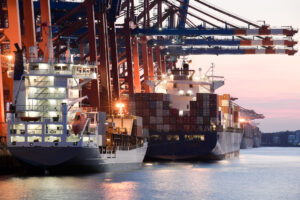The subject of fraudulent ship registrations is a “hot topic” with far-reaching implications, including for maritime safety and security, pollution, seafarers’ welfare, and international legal compliance in general. The EU yesterday sanctioned an undisclosed number of maritime registries providing false flags to shadow fleet vessels, allowing their continued operation by creating a fraudulent impression of compliance with certification requirements.
In its 19th package of sanctions against Russia approved on Thursday, the European Union is targeting maritime registries that helped shadow ships hide their identity using fake flags.
Latest analysis from Maritime AI™ company Windward reveals a rise in both fraudulent registries and false flagging, with at least 12 fraudulent registries in operation and over half of sanctioned tonnage sailing under false or unknown flags.
Windward data also shows that 57% of sanctioned tankers are falsely flagged or completely unknown in International Maritime Organization (IMO) databases.
There have been numerous cases related to the fraudulent use of a country’s flag and to the fraudulent operation of a registry without the purported flag country’s permission or knowledge.
Fraudulently registered ships are smaller than the global average, with 8,803 gt compared to the global average of 14,582 gt.
The majority of the identified fraudulently registered ships are oil tankers and general cargo ships.
Fraudulent registration of a ship means the intentional misrepresentation of information and documentation by which a ship is purportedly given its nationality without authorization by the government of the misrepresented flag State.
That means that a vessel, formerly entitled to fly the flag of a given State, continues to fly that flag after the vessel’s registration with the flag State has expired or has otherwise been terminated.
Furthermore, a fraudulent documentation is being submitted to the International Maritime Organization (IMO), without the knowledge of the cognizant flag State authority, in order to obtain IMO documentation and ship identification numbers.
The fraudulent registration companies may operate with authentic‑looking websites and claim to be the official registration offices authorized to grant to ships the nationality of the State concerned.
Fraudulently registered ships may not be compliant with safety and environmental protection standards, thereby endangering the ships’ crew because they are often very old ships.
Several cases have been reported of abandonment of seafarers on board “false” or fraudulently flagged ships.
Seafarers are not commonly aware of whether a ship on which they are engaged is fraudulently registered. When shipowners engage in fraudulent ship registration to avoid adhering to these standards, it can potentially result in seafarers on those ships not receiving proper training or certification.
EU Hits Russian LNG, Shadow Fleet Vessels: What Moscow Says
The European Union has also agreed yesterday on a new raft of sanctions against Russia targeting 117 vessels from Moscow’s “shadow fleet,” bringing the total to 557 ships, and banning imports of Russian liquefied natural gas (LNG) as of 1 January 2027 for long-term contracts, and within six months as of the entry into force of the sanctions for short-term contracts.
The ban on imports of Russian liquefied natural gas (LNG) into the EU and the further clamp-down on the so-called shadow fleet represent the strongest sanctions yet on Russia’s crucial energy sector.
An additional 117 vessels have been made subject to a port access ban and a ban on the provision of a broad range of services related to maritime transport, bringing the total number of designated vessels to 557. These measures target non-EU tankers that are part of the shadow fleet circumventing the oil price cap mechanism.
The 19th package also introduces a ban on reinsuring vessels belonging to the shadow fleet, further constraining their ability to operate.
The move comes a day after U.S. president Donald Trump’s administration announced new sanctions against Russia’s oil industry that are aimed at moving Russian president Vladimir Putin to the negotiating table and ending Moscow’s war on Ukraine.
It is a broadened effort to force president Vladimir Putin to negotiate an end to the war, though Russian foreign ministry dismissed the measures, claiming they are largely ineffective.
“Unilateral restrictions of the European Union are ineffective. The sanctions imposed on Russia by EU do not work and strike European Union itself,” Russian foreign ministry spokeswoman Maria Zakharova said in a briefing on Thursday.



